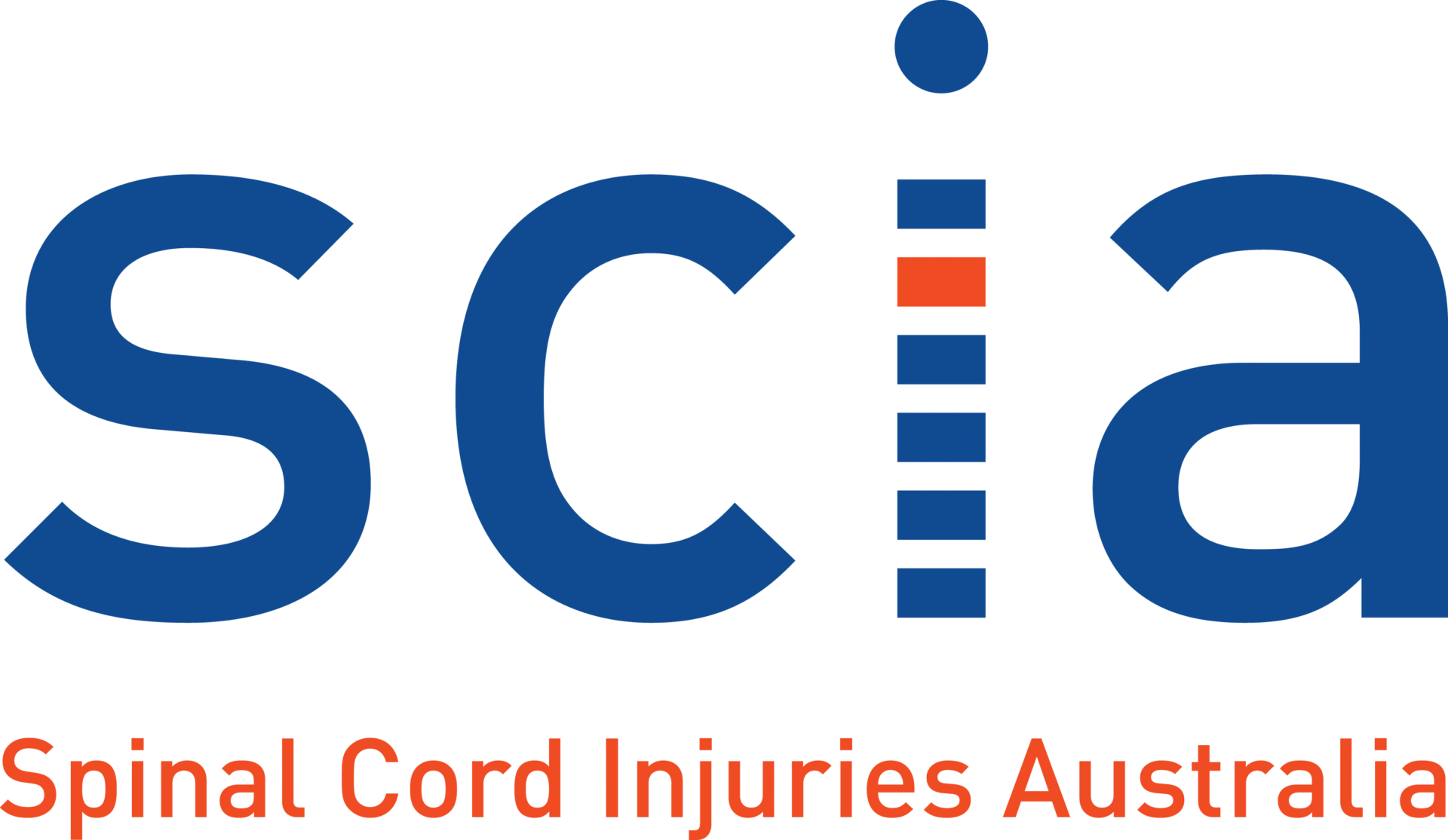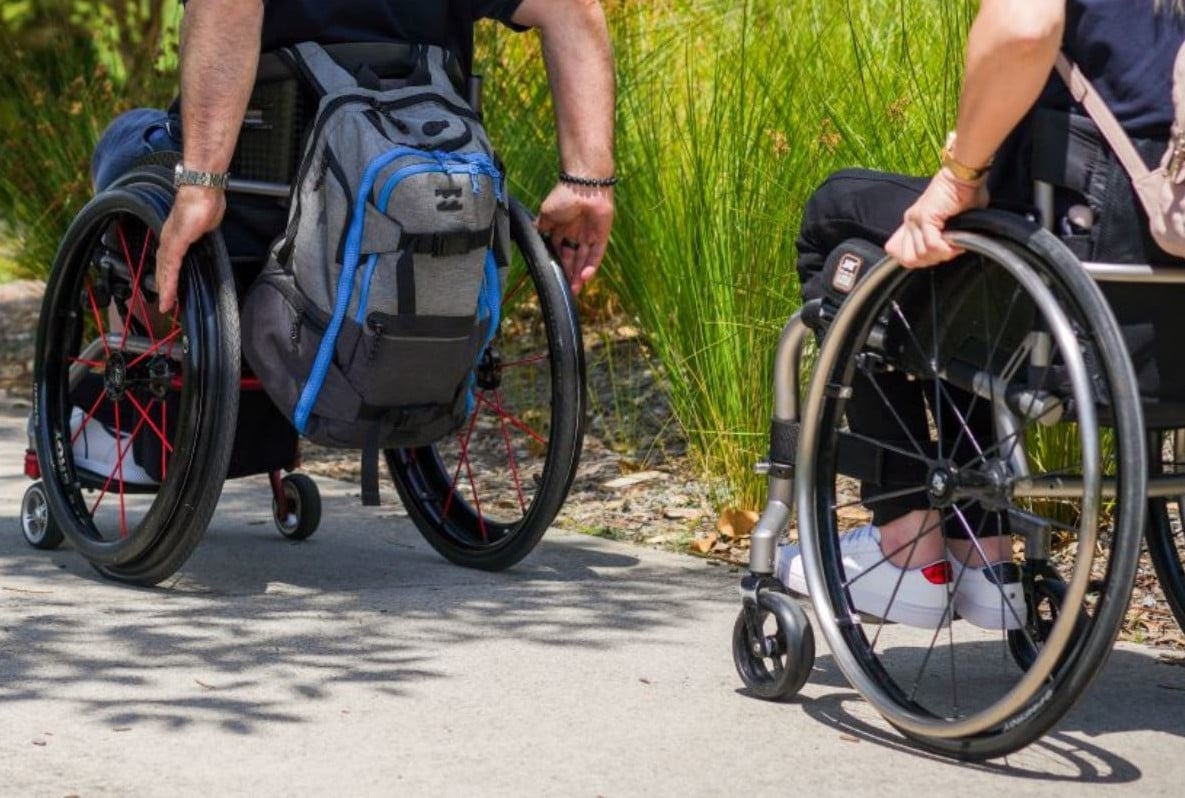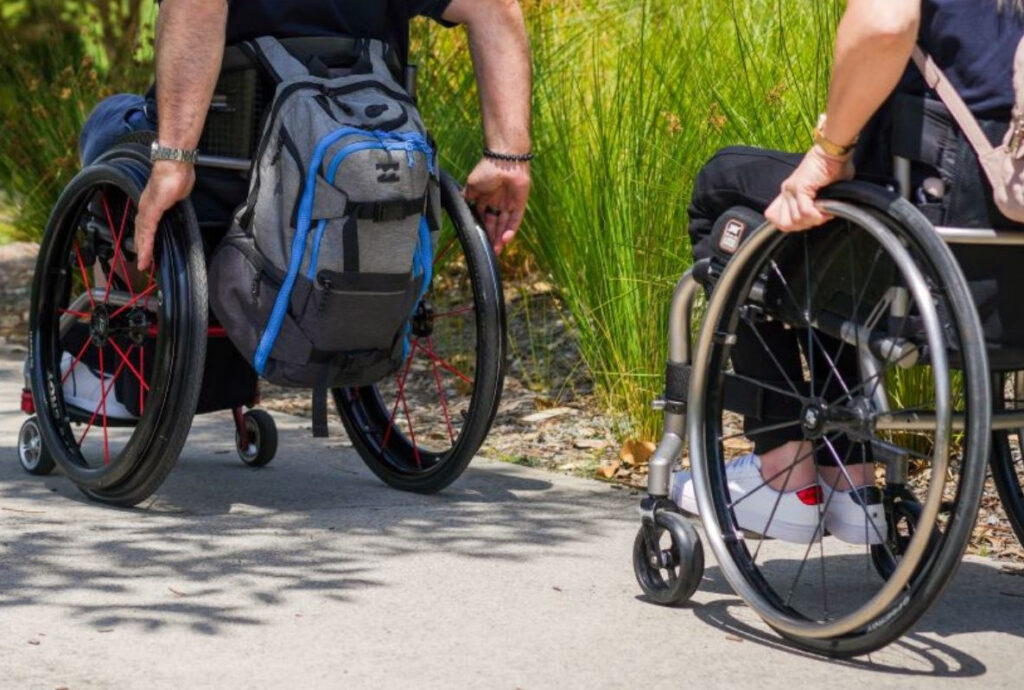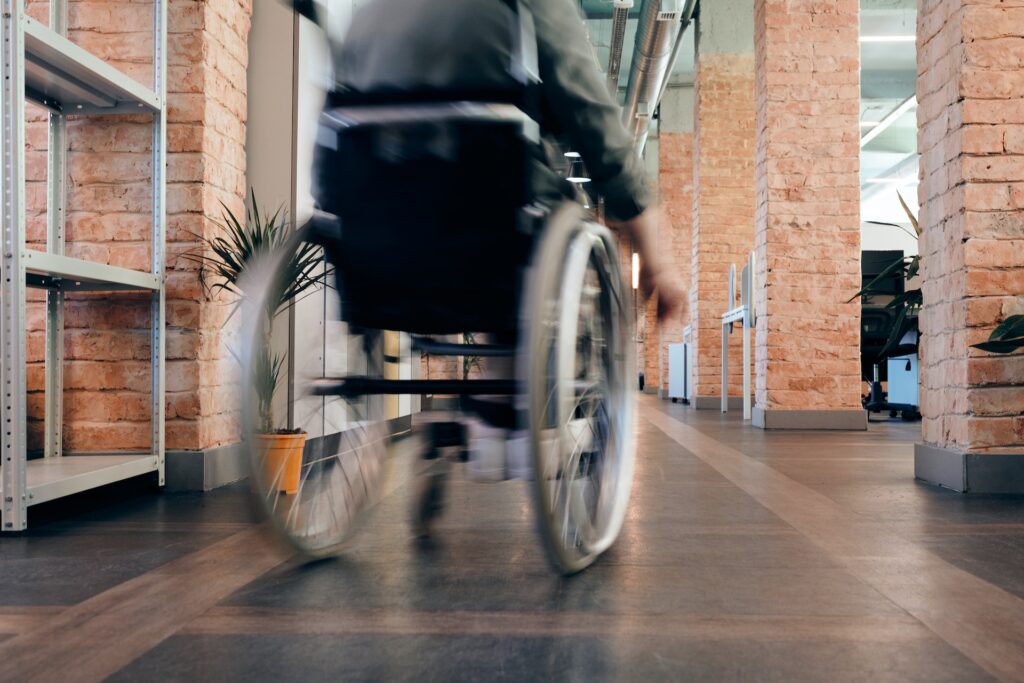Your central hub for information, support tools, and practical advice.
Discover our resources
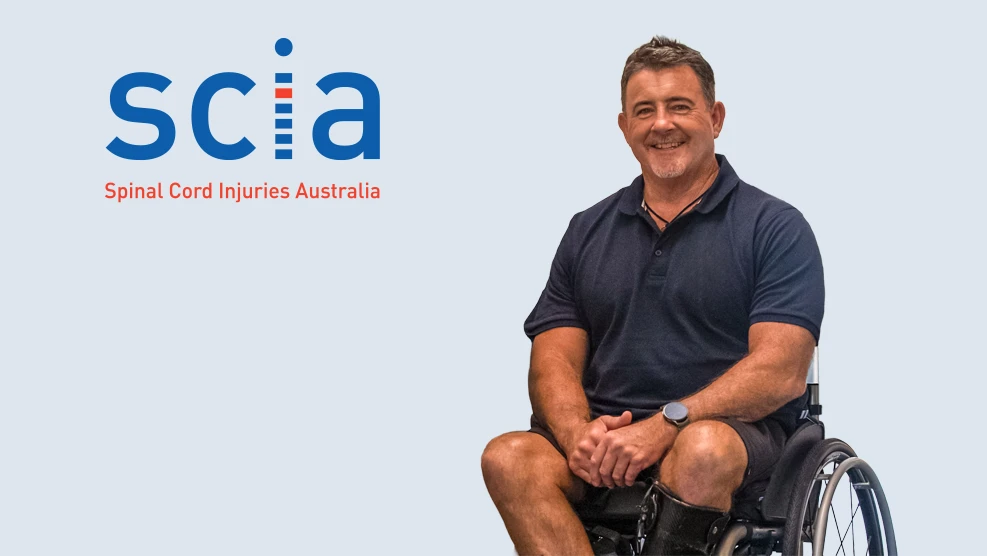
A Crash Course in Pain Management

Something To Think About – Where Is The Support For Spouses & Partners?

Newcastle’s Journey to Better Tourist Accessibility

Get To Know Your Body – Shoulder Health

From The Internet – Is The Boyfriend Overprotective?

